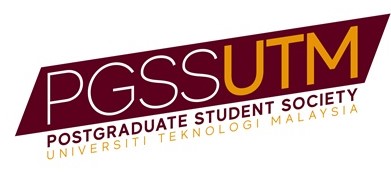How To Develop Your Instrument On Research
In the world of research, instrument development as a measurement tool is crucial to achieving the research objectives and answering the research questions, whether in the checklist, interview protocol, questionnaire, tests, and more. By acknowledging this fact, the Association of Graduate Students of the Faculty of Social Sciences and Humanities (PGSS FSSH) has organized a program entitled ‘How to Develop Your Instrument on Research’ on 31st March 2021, Wednesday. The program was implemented collaboratively within our PGSS team led by Nurul Aini Binti A Kadir, who is also the secretary of PGSS FSSH.
The two-hours structured course was conducted online via Webex and started at 10.00 am until 12.00 noon, with an additional 30 minute for Question-and-Answer (Q&A) sessions between the panel and the participants. Before the program began, there were more than 200 participants registered in the pre-registration form of this program, but only 120 participants (across the faculty) attended until the end of the program. The participants were from first semester one until six, and the majority were Ph.D. students compared to Masters students. However, the knowledge sharing session from the invited panel, namely Dr. Rohaya binti Talib received positive and constructive feedback from the participants at the end of the course.
Based on the participants’ feedback, they stated that this program is beneficial in providing insightful ideas that emerge in their minds on how to develop an instrument. What made participants amazed was that the panel helped participants on how to build a good instrument using the highlights from previous studies. Several participants have suggested that this program should be one of the compulsory courses in the research program at this university as the scope of knowledge shared is so attractive to the participants. The question-and-answer session was excellent, and left the participants with more curiosity to learn more about instrument development. Hence, it is hoped that this kind of program will be implemented again with additional time as 2 hours is not enough to discuss instrument development both in a qualitative and quantitative way.








